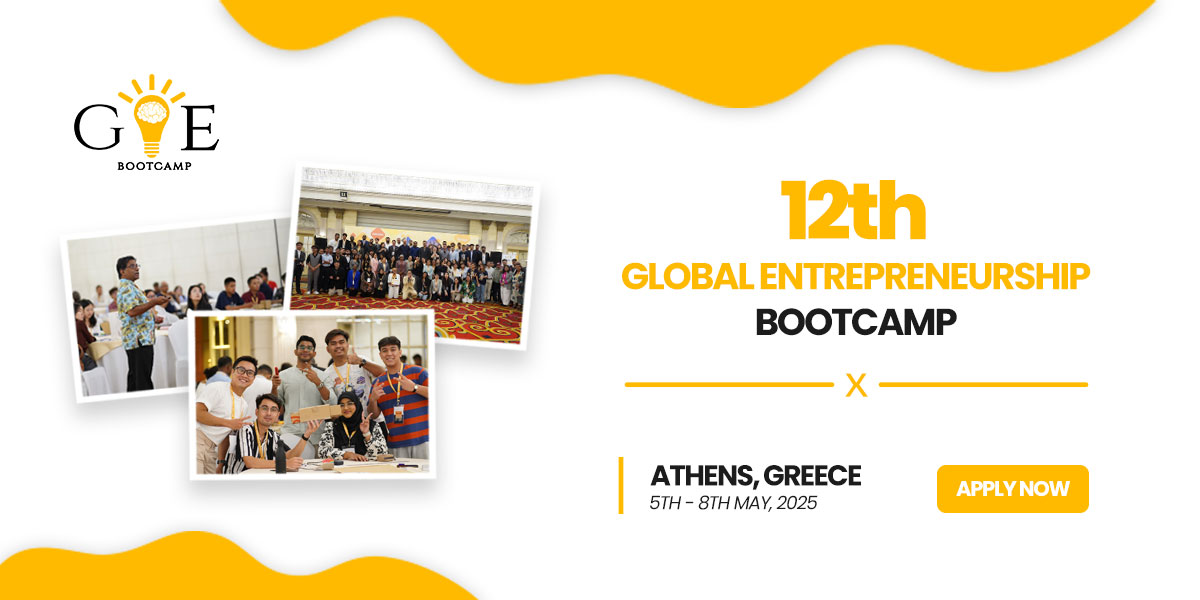
OWSD-Elsevier Foundation Awards 2020 (Win $5,000 and a trip to the US)
Details
The call for submission of applications is now opened for the OWSD-Elsevier Foundation Awards. Further, for Early-Career Women Scientists in the Developing World, a high-profile award that honors the scientific and career achievements of women from developing countries. Applications for the 2020 OWSD-Elsevier Foundation Awards will be until 29 August 2019 for early-career women who have made significant contributions in the fields of Engineering and Technology. Further, Evidence of innovation will be considered favorably.
Benefit
- The cash prize of USD 5,000.
- Further, An all-expenses-paid trip to the American Association for the Advancement of Science (AAAS) annual meeting, which will take place on 13-16 February 2020 in Seattle.
The 5 awards will be as follows: one for each of the four regions of the developing world, Further, an additional ¨floating” award for an outstanding candidate from any of these regions.
Eligibility
- The applicant must be a female scientist who has received her PhD within the previous ten years;
In addition, the applicant must have lived and worked in one of the following science and technology lagging countries for at least 5 of the last 15 years:
- Africa: Angola, Benin, Burkina Faso, Burundi, Cameroon, Central African Republic, Chad, Comoros, Congo, Côte d’Ivoire, Dem. Rep. Congo, Equatorial Guinea, Eritrea, Ethiopia, Gambia, Ghana, Guinea, Guinea-Bissau, Kenya, Lesotho, Liberia, Madagascar, Malawi, Mali, Mauritania, Mozambique, Niger, Rwanda, Sao Tome and Principe, Senegal, Sierra Leone, Somalia, South Sudan, Swaziland, Tanzania, Togo, Uganda, Zambia, also, Zimbabwe.
- Arab Region: Djibouti, Palestine (West Bank & Gaza Strip), Sudan, Syrian Arab Republic, Yemen.
- Asia and the Pacific: Afghanistan, Bangladesh, Bhutan, Cambodia, Kiribati, Lao Peoples Dem. Rep., Mongolia, Myanmar, Nepal, Solomon Islands, Sri Lanka, Tajikistan, Timor-Leste, Tuvalu, also, Vanuatu.
- Latin America and the Caribbean: Bolivia, El Salvador, Guatemala, Haiti, Honduras, Nicaragua, Paraguay.
Selection Criteria
- Scientific merit (eg. quality of publications)
- International and regional impact (eg. invitations to present or chair at meetings; also, organization or participation on workshops; collaborations with scientists from other countries; national or regional awards received)
- Additionally, Capacity building – local, national and regional (eg. evidence of running MSc or PhD training programmes; developing and providing resources for students and young researchers; mentoring activities).
- Evidence of innovation will be favorable.
Specifications
| Type of Opportunity | Competitions and Awards |
|---|---|
| Deadline | 29 August,2019 |
| Country | USA |
| Open to | All |
| Organizer | OWSD |
| Contact the organizer | [email protected] |
